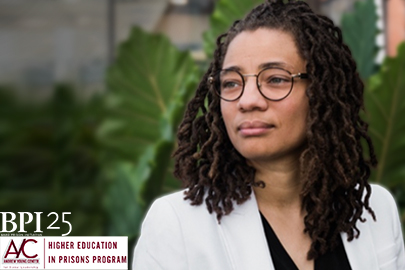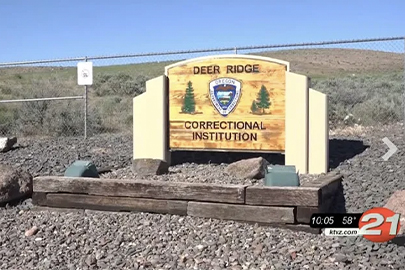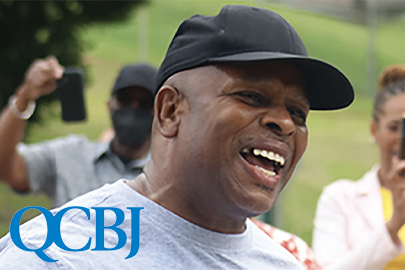The 7th Annual Residency will run July 13–26, 2025.
The BPI Summer Residency is an intensive and immersive two-week sequence of workshops on Bard’s Annandale campus that offers hands-on, experiential training in BPI’s approach to building college opportunity in prison. The workshops allow annual cohorts under the hood to explore more technical mechanics and strategies alongside BPI’s philosophical approaches to the work of building robust, ambitious, and successful college-in-prison and reentry programs in different locations and institutional contexts.
The expectation is not that other colleges and universities will adopt a “BPI model” but rather, that they will apply what they learn in the Residency to home institutional contexts in ways that make sense to them.
Workshops are led by BPI staff and subject matter experts from across the academic, reentry and alumni affairs, national engagement and advocacy, development, and senior leadership teams.
The Residency is a professional development opportunity structured to encourage residents to build community, compare notes, exchange ideas, and create lasting bonds and a life-long network of support across their cohort, past and future Residency cohorts, BPI staff, and Bard’s Consortium for the Liberal Arts in Prison.
Cohorts represent a broad spectrum of emerging leaders in the field of college-in-prison coming from public and private institutions, HBCUs, small liberal arts schools, and large research universities. They are college faculty, program directors, newly hired practitioners, graduate students and early professionals, college-in-prison alumni, and new staff hires from BPI and across the Consortium for the Liberal Arts in Prison.
Each year’s Residency cohort is drawn largely from those who have engaged BPI in technical assistance over the prior year and is by invitation. To support equity and wide access, BPI works to ensure room and board and all other expenses for the two weeks come at no cost to residents.
The generous, frank, strategic, compassionate, brilliant offerings of the Bard Prison Initiative faculty, administrators, and staff were a goldmine. I struck gold.
—Cohort 2021 Resident, Sharon Varallo, Augustana Prison Education Program
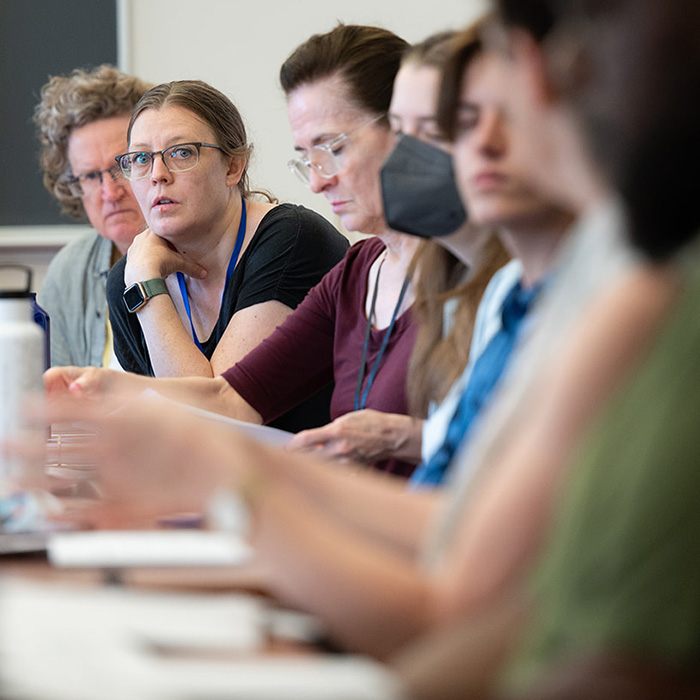
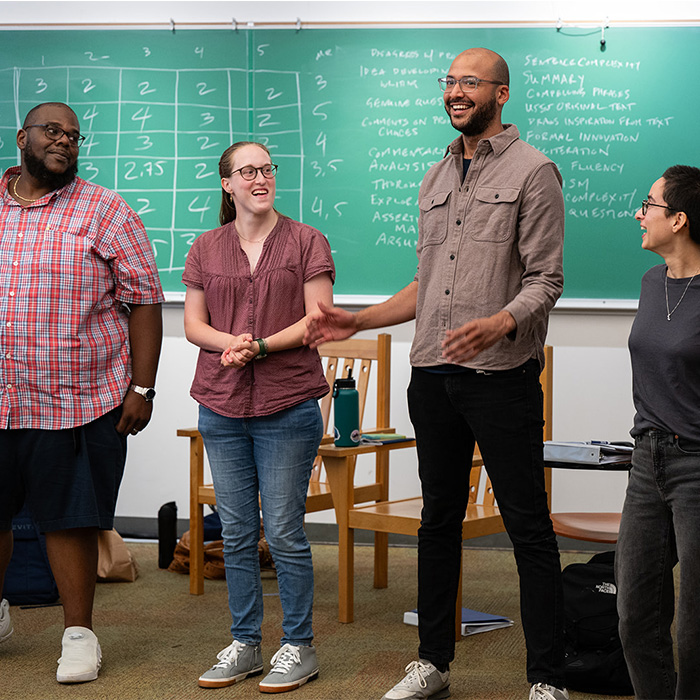
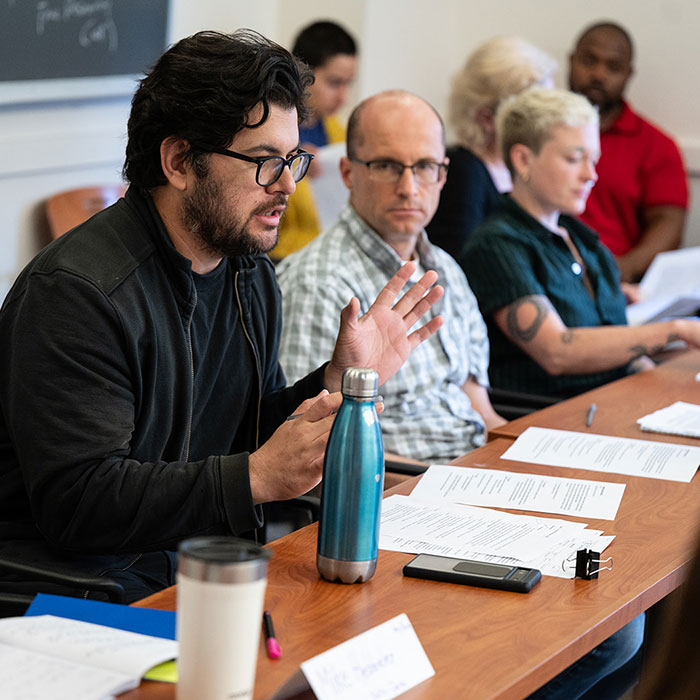
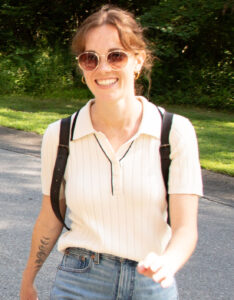 “The BPI Summer Residency was such a unique and valuable experience for professional development within the field of college-in-prison. Being able to spend two weeks with colleagues across and beyond the country, learning directly from people who have been engaged with this work for years, and receiving tangible resources and techniques was so enriching. There are few opportunities for cross-program connections and shared resources within higher education in prison, and the BPI program was incredibly effective at bringing people together and creating lasting connections.”
“The BPI Summer Residency was such a unique and valuable experience for professional development within the field of college-in-prison. Being able to spend two weeks with colleagues across and beyond the country, learning directly from people who have been engaged with this work for years, and receiving tangible resources and techniques was so enriching. There are few opportunities for cross-program connections and shared resources within higher education in prison, and the BPI program was incredibly effective at bringing people together and creating lasting connections.” “BPI’s Summer Residency is the most insightful and useful professional development experience I’ve ever participated in. Not only did I learn best practices and rules of thumb from the nation’s premiere college-in-prison program, but I was also able to process these lessons with BPI alums and a community of practitioners. Running a college-in-prison program involves strategy and community. BPI puts its cards on the table during the Summer Residency and invites participants to follow suit so we can be the strongest possible community for incarcerated students across the country and globe.”
“BPI’s Summer Residency is the most insightful and useful professional development experience I’ve ever participated in. Not only did I learn best practices and rules of thumb from the nation’s premiere college-in-prison program, but I was also able to process these lessons with BPI alums and a community of practitioners. Running a college-in-prison program involves strategy and community. BPI puts its cards on the table during the Summer Residency and invites participants to follow suit so we can be the strongest possible community for incarcerated students across the country and globe.” “I love the no-holds-barred honesty and transparency in what it takes to do this work. It was a great experience. Not only do I feel like I learned a lot, I feel like I got a real plan with action steps on how to get my program started.”
“I love the no-holds-barred honesty and transparency in what it takes to do this work. It was a great experience. Not only do I feel like I learned a lot, I feel like I got a real plan with action steps on how to get my program started.”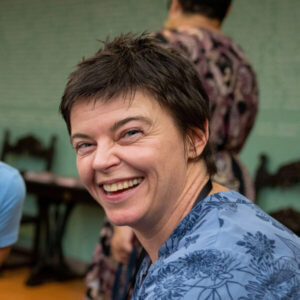 “The BPI Summer Residency was a unique and utterly invaluable experience for me as a college professor and prison educator. It was not only an opportunity to learn with and to be inspired by a diverse group of educators, activists, and change-makers from across the country (and, in our cohort, from across the world). It was also a chance to build community with an enormously creative group of thinkers committed to thinking deeply about the future of higher education in prison.”
“The BPI Summer Residency was a unique and utterly invaluable experience for me as a college professor and prison educator. It was not only an opportunity to learn with and to be inspired by a diverse group of educators, activists, and change-makers from across the country (and, in our cohort, from across the world). It was also a chance to build community with an enormously creative group of thinkers committed to thinking deeply about the future of higher education in prison.”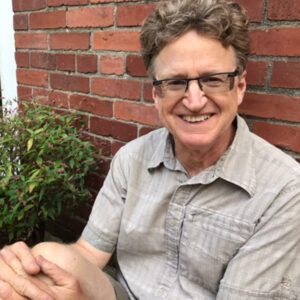 “My time at the Bard Prison Initiative was one of the most inspiring events in my life. I absolutely love the people I worked with, both the Bard staff and my fellow ‘campers.’ And the members of the staff who were formerly incarcerated added so much to the time, as they demonstrated leadership and thoughtfulness over and over. If you are working on a higher ed in prison program, whether you are just beginning or have an established program that you want to improve, you will meet more ideas and energy than you can use. This place will fill you up.”
“My time at the Bard Prison Initiative was one of the most inspiring events in my life. I absolutely love the people I worked with, both the Bard staff and my fellow ‘campers.’ And the members of the staff who were formerly incarcerated added so much to the time, as they demonstrated leadership and thoughtfulness over and over. If you are working on a higher ed in prison program, whether you are just beginning or have an established program that you want to improve, you will meet more ideas and energy than you can use. This place will fill you up.”